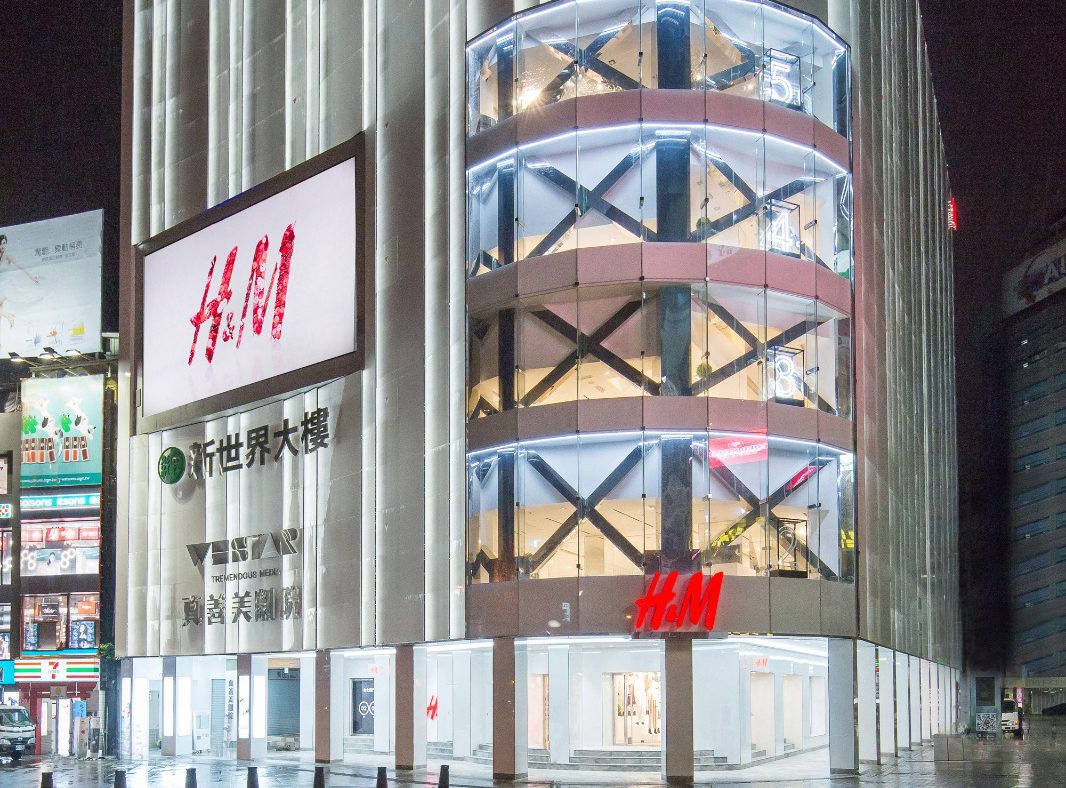H&M, Nike, and other major Western apparel brands are facing a boycott in China after concerns they expressed over the alleged use of forced labour in the country’s region of Xinjiang.
The clothing and apparel juggernauts made the comments in 2020, in response to the emergence of evidence suggesting China was forcing hundreds of thousands of minorities including Uighurs into forced labour in Xinjiang’s cotton fields.
Both companies had at the time commented they were “concerned” about reports that Uighurs were being forced to pick cotton in Xinjiang, and these comments resurfaced this week, after being proliferated on social media.
A post on microblogging platform Weibo by the Communist Youth League read, “spreading rumours to boycott Xinjiang cotton, while also wanting to make money in China? Wishful thinking!”
Chinese state broadcasters have subsequently launched a campaign attacking the companies, and defending Xinjiang cotton picking.
As of Wednesday, at least three major Chinese e-commerce platforms had withdrawn H&M products from sale.
According to a BBC report, the hashtag, “I support Xinjiang cotton” is now the top trending topic on Weibo, and has over 1.8 billion views.
Swedish multinational H&M is the world’s second-largest clothing retailer, and China was both one of its largest markets and producers.
In the last year, a number of Western companies have announced they would examine their global chains to ensure they are free from Xinjiang cotton.
In December, the US announced it would block all imports of cotton from Xinjiang over concerns about “slave labour”.
Fears about the impact of the boycott have proven costly to both companies. Nike shares declined by nearly five per cent following the news and H&M was down 3.5 per cent.
Featured Image:
H&M store in Taiwan/ H&M
WATCH: Rare torrential rain in Dubai wreaks havoc and causes major disruption
Flooding hits shopping malls, destroying stock
Spain to end ‘golden visa’ scheme over property market impacts
While countries are slowly banning the practice, Malta remains firm in keeping the scheme alive
Xiaomi electric vehicles delivery might be delayed by four to seven months
The company introduced a special version of its new model and gifted fridges as part of its campaign






